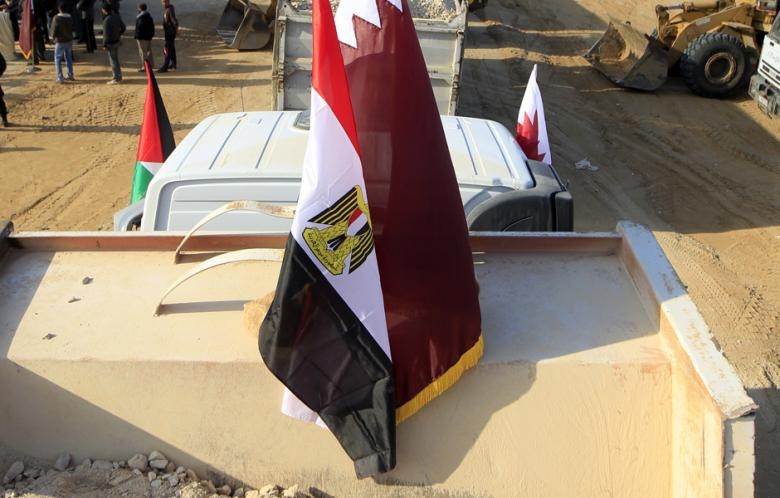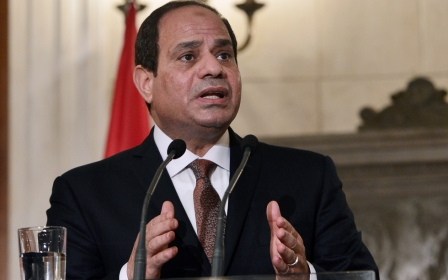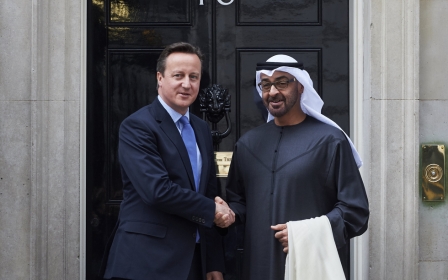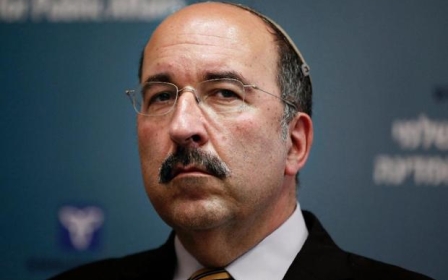UAE spent more than half of 2014 aid budget on Egypt

The UAE sent 52 percent of its total foreign aid budget to close ally Egypt in 2014, Emirati government officials said on Tuesday.
Egypt received $3.21bn in foreign aid in 2014 from UAE, according to a statement from the Emirati Minister of International Cooperation and Development, Lubna al-Qasimi.
Al-Qasimi released the statement after receiving Sahar Nasr, her Egyptian counterpart.
Al-Qasimi, who also heads the UAE’s Committee for Coordination of Humanitarian Foreign Aid, added that, between 2010 and 2014, UAE supported Egypt to the tune of $5.81bn.
The amount equalled 48.6 percent of UAE’s total foreign aid during the same period.
In her statement, al-Qasimi reiterated UAE’s support for development in Egypt, with particular attention to infrastructure projects, education, health and energy.
An urgent project for the two countries will be improving development and prospects in the deprived provinces of the Sinai Peninsula, where an anti-government insurgency has been gathering pace over recent years.
During their meeting Nasr laid out plans for a comprehensive UAE-funded development programme in Sinai scheduled to cost around $1.5 million, to include irrigation, well digging and housing.
The Sinai Peninsula has been the scene of growing unrest since 2013, when a military coup ousted Mohammed Morsi, the country’s first democratically elected leader.
Attacks on police, army and government targets have led to a severe crackdown, with houses being demolished along the border with the Gaza Strip and a strict curfew imposed for over a year.
New MEE newsletter: Jerusalem Dispatch
Sign up to get the latest insights and analysis on Israel-Palestine, alongside Turkey Unpacked and other MEE newsletters
Middle East Eye delivers independent and unrivalled coverage and analysis of the Middle East, North Africa and beyond. To learn more about republishing this content and the associated fees, please fill out this form. More about MEE can be found here.




